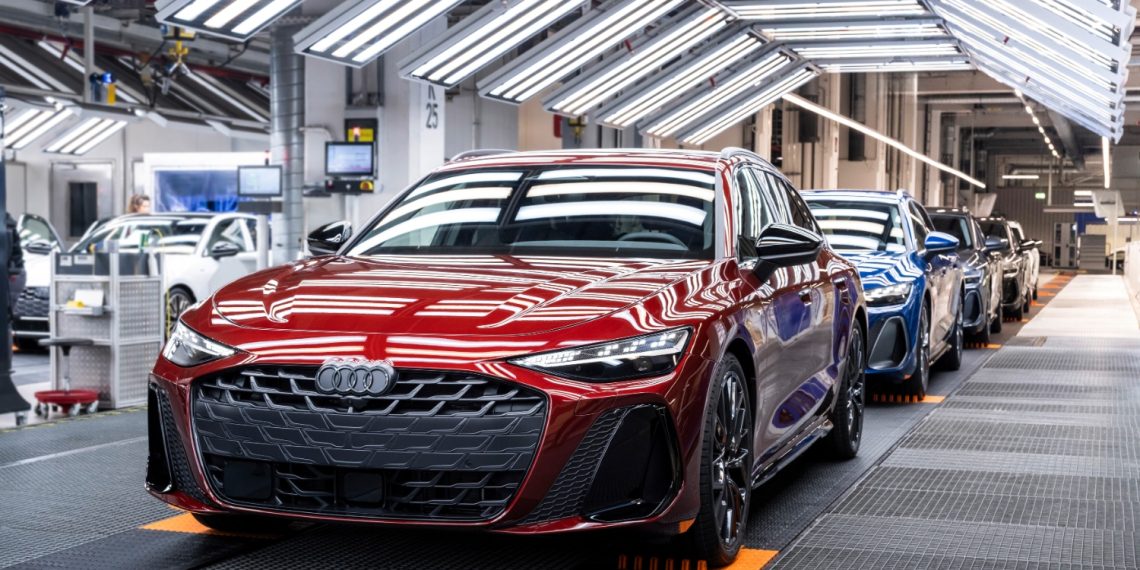The automotive sector is going through a complicated moment caused by the commercial “war” with tariffs weighing heavily. Now, a study conducted by “Crédito y Caución” has revealed that global production of automobiles and components is expected to contract by 1.7% in 2025 and 2.1% in 2026, due to the impact of tariffs that will be felt on supply chains, increasing the costs of components and materials.
According to the study, the consequences will be negative for producers and suppliers. The countries with the highest level of risk will be Austria, Belgium, France, Hungary, and Switzerland. Notable countries with a high level of risk include the Czech Republic, Germany, Italy, Poland, Portugal, Slovakia, Turkey, the United Kingdom, Brazil, and Canada.
The credit insurer’s report also estimates that production in Europe is expected to decline by 3.7%, as the United States is one of the main export destinations for vehicles produced in Europe.
The German and Italian automotive industries, as well as the supply chains of Central and Eastern European countries such as the Czech Republic and Slovakia, are the most threatened. Thus, “Crédito y Caución” expects that exports of German and Italian cars may decrease by more than 5% in 2025 due to U.S. tariffs.
The combination of reduced export demand, higher production factor costs, and reduced profit margins may seriously harm the competitiveness of the German automotive industry and that of Central and Eastern Europe.
Furthermore, the other threat to the European market is China, where manufacturers offer cheaper models and tend to be quicker in adapting to market conditions.
It is worth noting that to protect the automotive industry, the European Union imposed tariffs on Chinese imports of electric vehicles, a measure that may accelerate the plans of Chinese manufacturers to transfer production to Europe.










